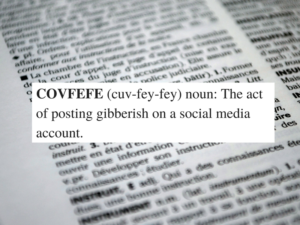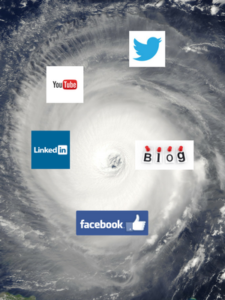 When I learned President Donald Trump appointed a former Wall Street hedge fund manager as his new director of communications, I groaned.
When I learned President Donald Trump appointed a former Wall Street hedge fund manager as his new director of communications, I groaned.
I’m sure my fellow PR pros, and many others, have also watched the actions of the White House press office with a combination of bewilderment and “you’re kidding me, right?” I wrote a few months ago that Trump was setting our profession back years, and what’s amazing is that it got worse last week.
I had figured this topic had run its course, but when Trump appointed Anthony Scaramucci as the new communications director, all my fears and concerns came flooding back.
If you don’t know the story, here’s the recap: The White House, in an effort to improve its overall messaging, brought in the brazen Scaramucci to shake things up. Saturday Night Live punching bag Sean Spicer quickly resigned, and then the self-proclaimed “Mooch” almost immediately gave a profanity-laced interview to the New Yorker where he insulted practically everyone in the White House except the president. (If you haven’t read the story and want to know what a political debate inside a fraternity house sounds like, I suggest you check it out.) Within days (10 to be exact), Scaramucci was unceremoniously escorted from 1600 Pennsylvania Avenue.Read More








